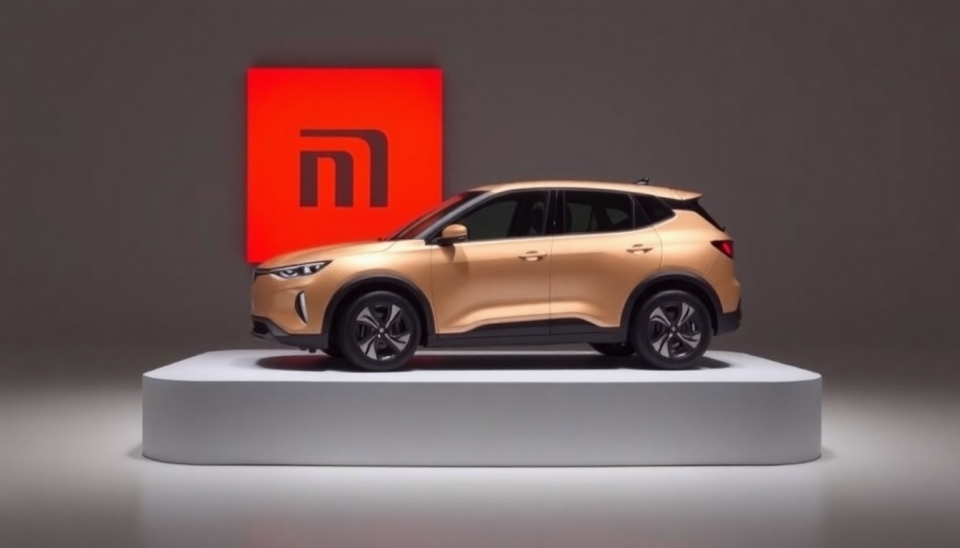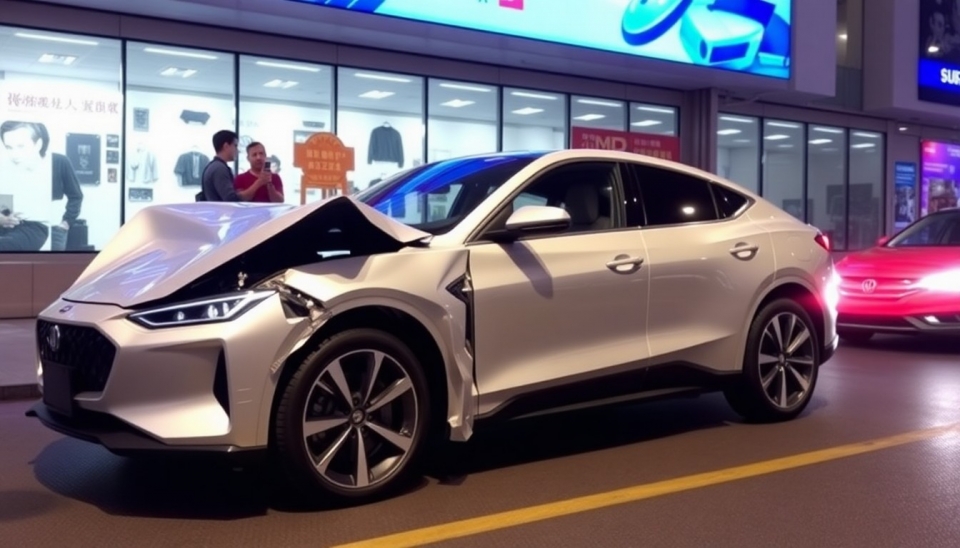
In a significant move to capitalize on the booming electric vehicle (EV) market, Xiaomi Corp. has revealed plans to expand its electric vehicle production facility located in Beijing. The tech giant, known primarily for its smartphones and consumer electronics, aims to ramp up production to keep pace with the surging consumer demand for electric vehicles.
The expansion comes at a time when the global automotive industry is experiencing a seismic shift towards electric mobility. As traditional automobile manufacturers adapt to this change, Xiaomi's entry into the electric vehicle space places it in competition with established auto giants and other tech companies venturing into this lucrative market.
Citing sources familiar with the matter, Xiaomi's factory expansion will involve both increasing production capacity and enhancing manufacturing capabilities. The proposed enhancements are anticipated to significantly bolster Xiaomi's ability to deliver its EV models more rapidly to an eager consumer base. With an eye on a variety of consumer preferences, the company plans to produce several models, thereby diversifying its electric vehicle offerings.
Xiaomi's ambitions for its EV division are not merely a sideline to its core business. The company has outlined an aggressive roadmap that includes the development of smart features and integrated technology in its electric vehicles, leveraging its longstanding expertise in hardware and software development. This strategic vision underscores Xiaomi's commitment to capturing a sizable share of the EV market.
The expansion aligns with a broader industry trend, as rising environmental concerns and government incentives continue to encourage consumers to transition from traditional fossil-fuel-powered vehicles to electric alternatives. Analysts believe that Xiaomi's entry into the EV sector could enhance competition within the industry, potentially leading to more innovation and better pricing for consumers.
Xiaomi plans to fund this factory expansion through a combination of internal cash reserves and external financing. The investment is expected to result in job creation within the local economy, supporting both production and technology roles as the company ramps up its manufacturing processes.
With a growing number of automotive startups and tech firms entering the sector, the competition is heating up. Companies like Tesla, NIO, and BYD have already made significant inroads in the electric vehicle market, making it crucial for new entrants like Xiaomi to establish themselves quickly and effectively. As the company moves forward with its expansion plans, the industry will be watching closely to see how it positions itself amidst intensifying competition.
As Xiaomi strengthens its foothold in the electric vehicle domain, it is betting on innovation and consumer demand to drive its growth. This bold strategy not only highlights Xiaomi’s versatility but also signals an era where technology firms could reshape the automotive landscape in the coming years.
In conclusion, Xiaomi's determination to expand its electric vehicle factory in Beijing is a strategic leap into a burgeoning sector. With plans for increased production and diversified offerings, the company aims to meet the surging demand while fostering innovation and competition within the industry.
#Xiaomi #ElectricVehicles #EVExpansion #BeijingFactory #ConsumerDemand #Innovation #AutomotiveIndustry
Author: John Miller




